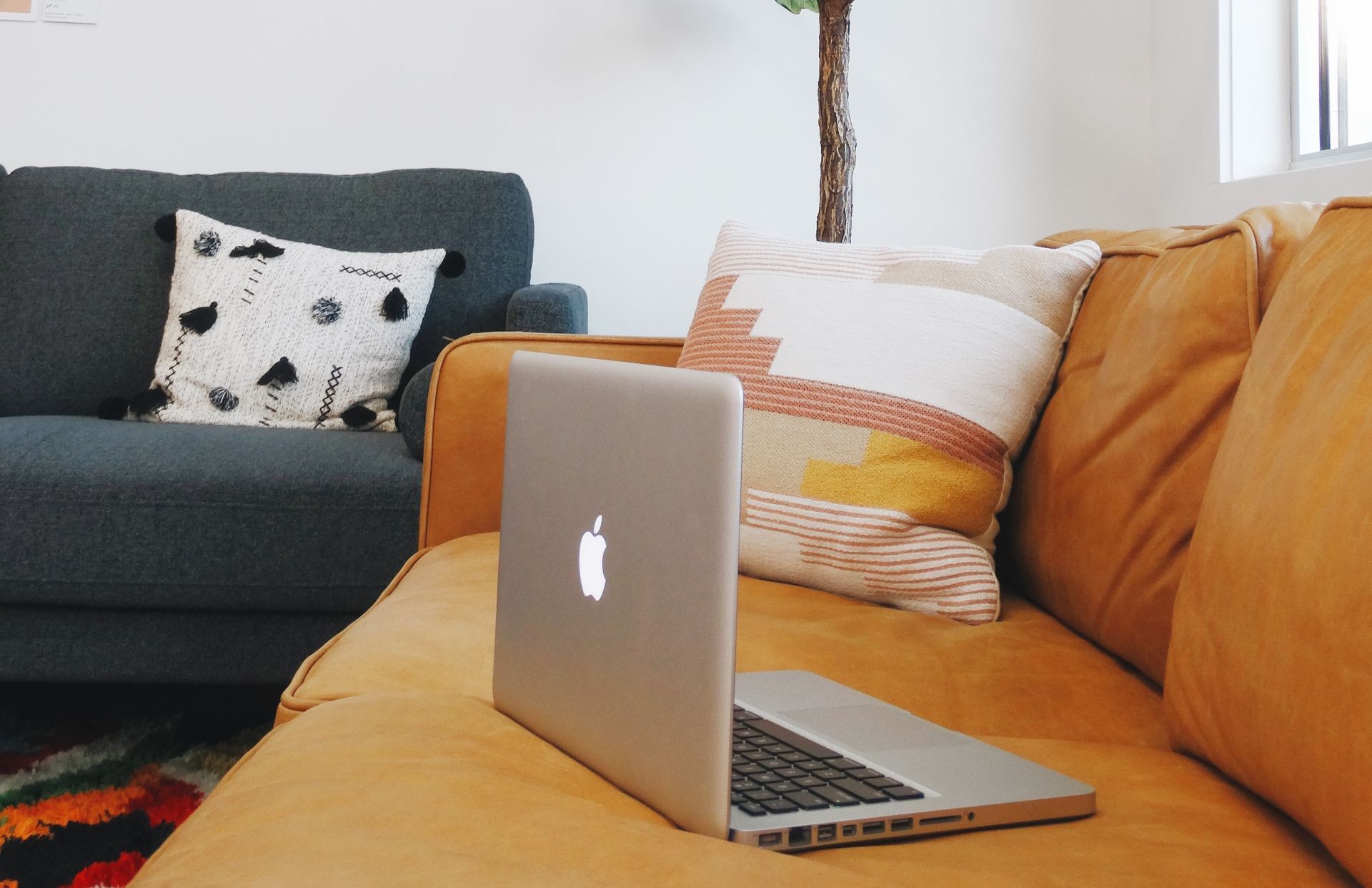Do I Need Counselling?
You've come to the right place if you've never worked with a therapist but appreciate what you've heard about the benefits that come with it.

Therapy isn't the same as talking with a friend.
The ability to manage challenging emotions, identify harmful behaviour patterns, or work through negative events in a way that gives you the knowledge to help you feel better cannot be provided by friends, although many of them will provide helpful advice.
Therapy is a process; it's not just a casual conversation. You may feel happier and less anxious as a result, but getting there may not be simple. It takes guts to develop self-awareness and the ability to dwell on challenging emotions.
You will develop and change in healthy ways if you're willing to confront difficult emotions and attempt to understand them. With the assistance of a qualified professional - someone who respects your privacy, schedules their time with you, calmly listens, and respectfully challenges you - you can.
What Do I Look For In a Good Therapist?
When looking for the best therapist for you is one of the things you should keep in mind is to take your time when searching for one. Don't assume that we can all assist everyone because we do have distinct areas of expertise. We do bring a variety of training and specialised expertise to the counselling office. Additionally, you might research to ensure that your therapist has the appropriate training for you.
Ways To Search For The Best Counsellor For Me
You might want to seek referrals from your present doctors or trusted relatives and friends. Several reputable mental health organizations will offer therapist directories on their sites. Check out APCP.ie, Psychology Today, counsellingandtherapy.com, therapyroute.com etc.
When’s The Best Time To Look For a Therapist?
People often assume that they must be in crisis mode in order to seek counselling, but we want you to know that this is not the case. Instead, you can seek counselling at any time. When things are going well, you can go to counselling.
We encourage people to view therapy as merely an additional component of a comprehensive wellness strategy: Consider incorporating counselling into your regular routine for general health maintenance to ensure that you're a better person overall.
And be aware that there can be a wait before you can get that first visit, just like with most medical professionals.
How Do I Make An Appointment for Counselling?
Typically, you can get in touch with a counsellor by phone, email, or by scheduling an appointment directly on their website. It's highly likely that you'll receive a voicemail or email acknowledging receipt of the message.
Most therapists are scheduling back-to-back appointments. Many therapists don't have office support staff and there is no one there to answer the phone. Therefore, their phones will go to voicemail and their emails will be delivered to their inbox, and they will respond as soon as they can to both. It's okay to contact a couple other therapists if one can't meet you as soon as you'd like or isn't accepting any new clients.
Additionally, be aware that the initial appointment you make will probably be a fact-finding meeting. The initial consultation serves to ensure that you and they are a good match for one another. That means they'll want to talk about their fees to make sure it's the right fit for you after hearing about whatever you want to talk about, such as your availability, when you can attend therapy, and whether you need a daytime appointment or an evening appointment (Mind Healing Counselling, for example, offers both). These sessions are typically 15 minutes and should be a time where you ask questions and try to get a sense of whether you like this therapist.






